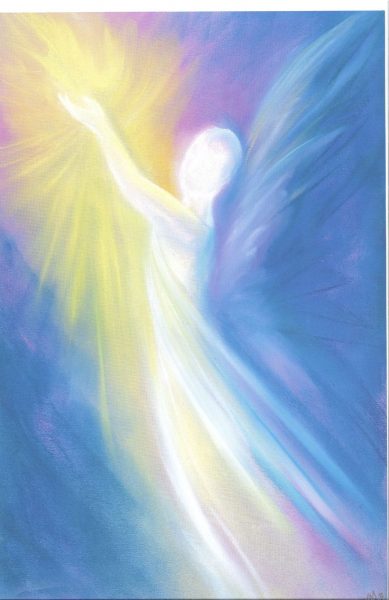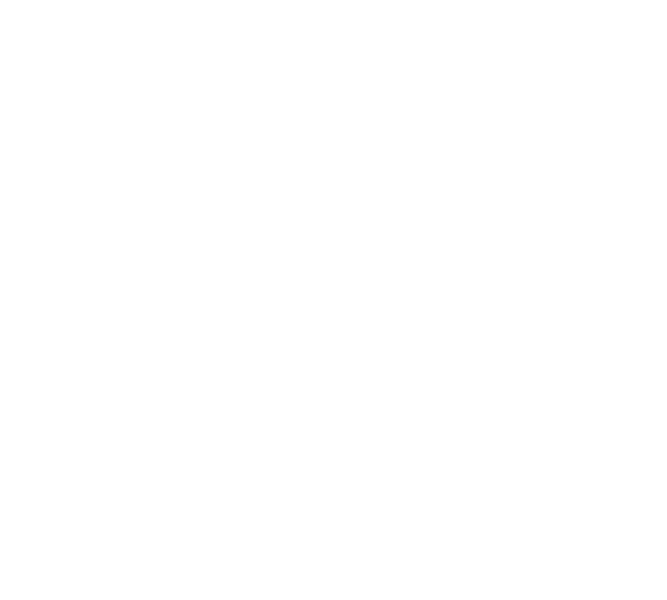The only vision that is true and sure is the vision of the divine Consciousness. So the problem is to become aware of the divine Consciousness and to keep this consciousness in all details all the time.
THE MOTHER
* *
*
 All visions have a significance of one kind or another… This power of vision is very important for the yoga and should not be rejected although it is not the most important thing — for the most important thing is the change of the consciousness. All other powers like this of vision should be developed without attachment as parts and aids of the yoga.
All visions have a significance of one kind or another… This power of vision is very important for the yoga and should not be rejected although it is not the most important thing — for the most important thing is the change of the consciousness. All other powers like this of vision should be developed without attachment as parts and aids of the yoga.
Visions are not indispensable — they are a help, that is all, when they are of the right kind.
Visions and voices have their place when they are the genuine visions and the true voices. Naturally, they are not the realisations, but only a step on the way and one has not to get shut up in them or take all as of value.
Visions and voices are only a small part of that vast realm of occult experience. As for utility, for one who has intelligence and discrimination, visions etc. have many uses — but very little use for those who have no discrimination or understanding.
There are visions and visions, just as there are dreams and dreams, and one has to develop discrimination and a sense of values and things and know how to understand and make use of these powers.
Visions and voices are not meant for creating faith, they are effective only if one has faith already.
The vision of the higher planes or the idea of what they are can be had long before the transformation. If that were not possible, how could the transformation take place — the lower nature cannot change by itself, it changes by the growing vision, perception, descent of the higher consciousness belonging to the higher planes.
Yoga — experience often begins with some opening of the third eye in the forehead (the centre of vision in the brows) or with some kind of beginning and extension of subtle seeing which may seem unimportant at first but is the vestibule to deeper experience.
They can have considerable importance in the development of the first yogic consciousness, that of the inner mind, inner vital, inner physical or for an occult understanding of the universe.
Visions which are real can help the spiritual progress, I mean, those which show us inner realities: one can, for instance, meet Krishna, speak with him and hear his voice in an inner “real” vision, quite as real as anything on the outer plane.
People value visions for one thing because they are one key (there are others) to contact with the other worlds or with the inner worlds and all that is there and these are regions of immense riches which far surpass the physical plane as it is at present.
One enters into a larger freer self and a larger more plastic world; of course individual visions only give a contact, not an actual entrance, but the power of vision accompanied with the power of other subtle senses (hearing, touch, etc.) as it expands does give this entrance. These things have not the effect of a mere imagination (as a poet’s or artist’s, though that can be strong enough) but if fully followed out bring a constant growth of the being and the consciousness and its richness of experience and its scope.
The inner vision is an open door on higher planes of consciousness beyond the physical mind which gives room for a wider truth and experience to enter and act upon the mind.
These first seeings are only an outer fringe — behind lie whole worlds of experience which fill what seems to the natural man the gap (Russell’s inner void) between the earth-consciousness and the Eternal and Infinite.
People also value the power of vision for a greater reason than that: it can give a first contact with the Divine in his forms and powers; it can be the opening of a communion with the Divine, of the hearing of the Voice that guides, of the Presence as well as the Image in the heart, of many other things that bring what man seeks through religion or yoga.
To see the Brahman everywhere is not possible unless you develop the inner vision — to do that you have to concentrate.
One can go to experience direct, — it [vision] can come in afterwards as a powerful aid to experience; it can be full of indications which help to self-knowledge or knowledge  of things or knowledge of people; it can be veridical and lead to prevision, premonition and other openings of less importance but very useful to a yogi. In short, vision is a great instrument though not absolutely indispensable.
of things or knowledge of people; it can be veridical and lead to prevision, premonition and other openings of less importance but very useful to a yogi. In short, vision is a great instrument though not absolutely indispensable.
What he sees now are probably only images of subtle (sūkṣma) scenes and objects; but when developed, this can become a power of symbolic, representative or real vision, showing the truths of things or realities of this or other worlds or representations of the past, present or future.
You cannot expect every vision to translate itself in a corresponding physical fact. Some do, the majority don’t, others belong to the supraphysical entirely and indicate realities, possibilities or tendencies that have their seat there. How far these will influence the life or realise themselves in it or whether they will do so at all depends upon the nature of the vision, the power in it, sometimes on the will or the formative power of the seer.
It is true that the field of vision, like every other field of activity of the human mind, is a mixed world and there is in it not only truth but much half-truth and error. It is also true that for the rash and unwary to enter into it may bring confusion and misleading inspirations and false voices, and it is safer to have some sure guidance from those who know and have spiritual and psychic experience. One must look at this field calmly and with discrimination, but to shut the gates and reject this or other supraphysical experiences is to limit oneself and arrest the inner development.
SRI AUROBINDO



